Lucas May Petry
Learn Faster and Forget Slower via Fast and Stable Task Adaptation
Jul 02, 2020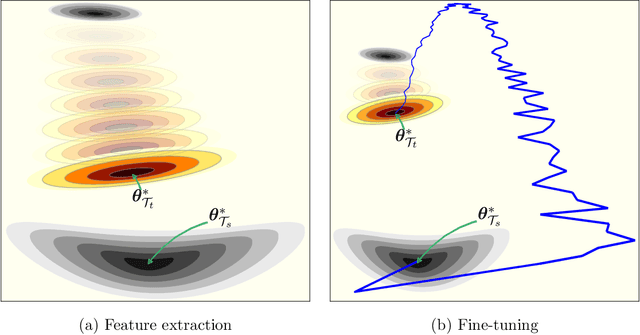

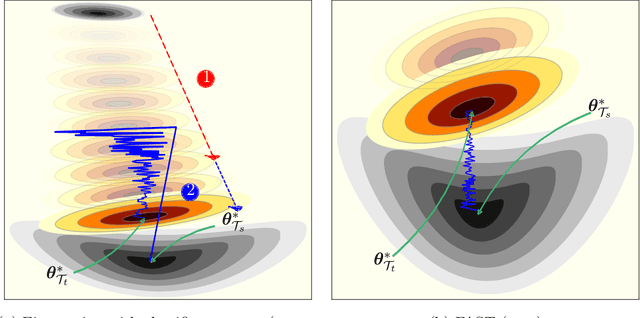
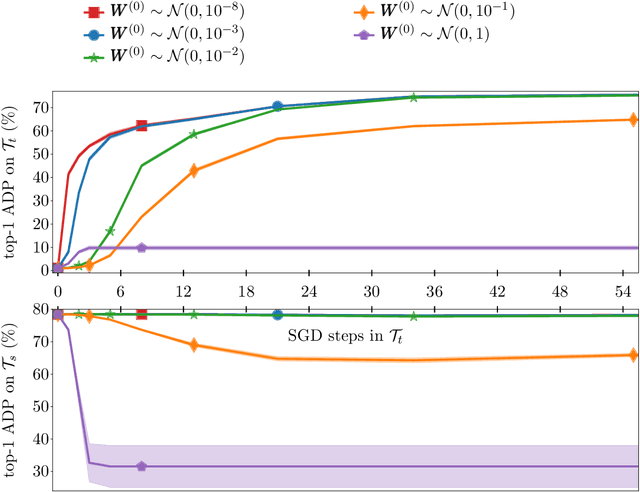
Abstract:Training Deep Neural Networks (DNNs) is still highly time-consuming and compute-intensive. It has been shown that adapting a pretrained model may significantly accelerate this process. With a focus on classification, we show that current fine-tuning techniques make the pretrained models catastrophically forget the transferred knowledge even before anything about the new task is learned. Such rapid knowledge loss undermines the merits of transfer learning and may result in a much slower convergence rate compared to when the maximum amount of knowledge is exploited. We investigate the source of this problem from different perspectives and to alleviate it, introduce Fast And Stable Task-adaptation (FAST), an easy to apply fine-tuning algorithm. The paper provides a novel geometric perspective on how the loss landscape of source and target tasks are linked in different transfer learning strategies. We empirically show that compared to prevailing fine-tuning practices, FAST learns the target task faster and forgets the source task slower. The code is available at https://github.com/fvarno/FAST.
Analyzing the Impact of Foursquare and Streetlight Data with Human Demographics on Future Crime Prediction
Jun 13, 2020
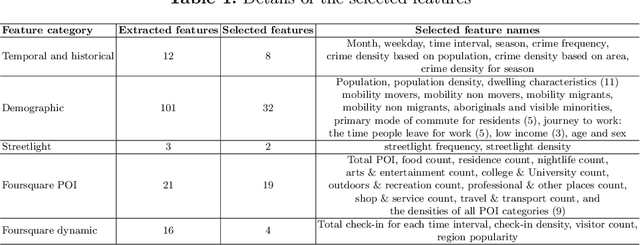
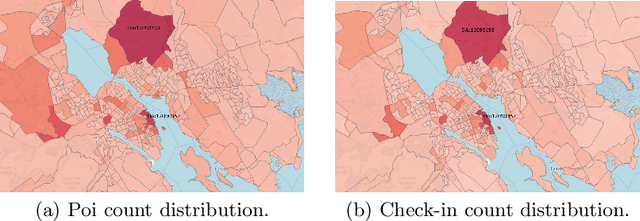
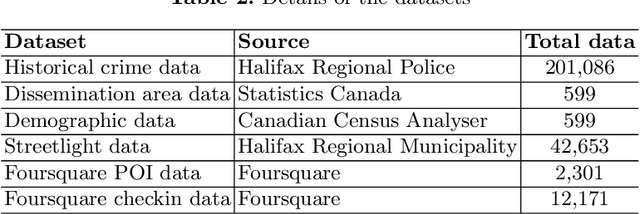
Abstract:Finding the factors contributing to criminal activities and their consequences is essential to improve quantitative crime research. To respond to this concern, we examine an extensive set of features from different perspectives and explanations. Our study aims to build data-driven models for predicting future crime occurrences. In this paper, we propose the use of streetlight infrastructure and Foursquare data along with demographic characteristics for improving future crime incident prediction. We evaluate the classification performance based on various feature combinations as well as with the baseline model. Our proposed model was tested on each smallest geographic region in Halifax, Canada. Our findings demonstrate the effectiveness of integrating diverse sources of data to gain satisfactory classification performance.
Challenges in Vessel Behavior and Anomaly Detection: From Classical Machine Learning to Deep Learning
Apr 07, 2020
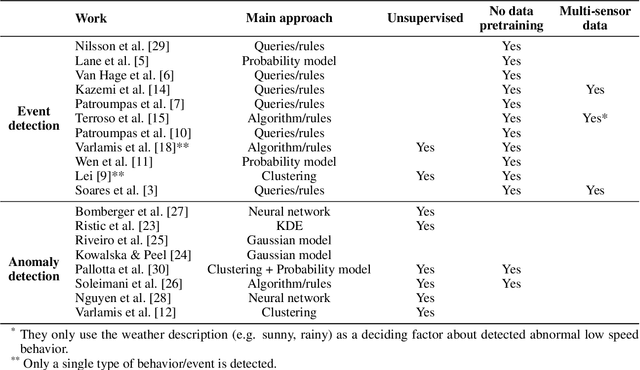
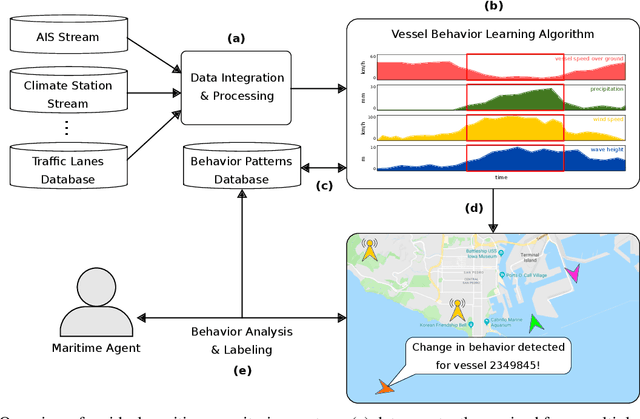

Abstract:The global expansion of maritime activities and the development of the Automatic Identification System (AIS) have driven the advances in maritime monitoring systems in the last decade. Monitoring vessel behavior is fundamental to safeguard maritime operations, protecting other vessels sailing the ocean and the marine fauna and flora. Given the enormous volume of vessel data continually being generated, real-time analysis of vessel behaviors is only possible because of decision support systems provided with event and anomaly detection methods. However, current works on vessel event detection are ad-hoc methods able to handle only a single or a few predefined types of vessel behavior. Most of the existing approaches do not learn from the data and require the definition of queries and rules for describing each behavior. In this paper, we discuss challenges and opportunities in classical machine learning and deep learning for vessel event and anomaly detection. We hope to motivate the research of novel methods and tools, since addressing these challenges is an essential step towards actual intelligent maritime monitoring systems.
Unsupervised Behavior Change Detection in Multidimensional Data Streams for Maritime Traffic Monitoring
Aug 14, 2019
Abstract:The worldwide growth of maritime traffic and the development of the Automatic Identification System (AIS) has led to advances in monitoring systems for preventing vessel accidents and detecting illegal activities. In this work, we describe research gaps and challenges in machine learning for vessel behavior change and event detection, considering several constraints imposed by real-time data streams and the maritime monitoring domain. As a starting point, we investigate how unsupervised and semi-supervised change detection methods may be employed for identifying shifts in vessel behavior, aiming to detect and label unusual events.
Discovering Heterogeneous Subsequences for Trajectory Classification
Mar 18, 2019



Abstract:In this paper we propose a new parameter-free method for trajectory classification which finds the best trajectory partition and dimension combination for robust trajectory classification. Preliminary experiments show that our approach is very promising.
 Add to Chrome
Add to Chrome Add to Firefox
Add to Firefox Add to Edge
Add to Edge